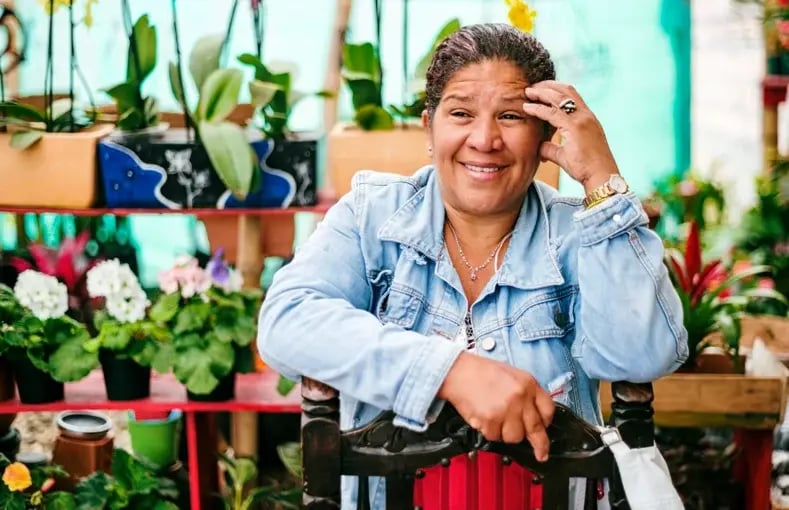Supporting Aging Family Members: More Than Just Care, It’s Connection

As family members grow older, their needs evolve in ways that extend beyond physical care. Emotional support becomes just as essential, yet it’s often overlooked in the rush to manage medical appointments, financial planning, and daily logistics. Aging can bring challenges like loneliness, loss of independence, and the emotional weight of seeing lifelong friends and partners pass away. Being there for your aging loved ones doesn’t always mean doing more—it means being present in ways that truly matter.
Listen Without Trying to Fix
One of the most valuable things you can offer an aging family member is your attention. Many seniors struggle with feeling unheard, especially as decisions about their lives are made without their input. Listening—truly listening—gives them a sense of agency and validation.
Let them express their emotions without rushing to offer solutions. Ask about their past experiences—memories, milestones, and lessons they want to pass down.
Encourage them to share their worries about aging, independence, or health without dismissing their concerns.
Sometimes, they don’t need a problem solved; they just need someone to hear them.
Help Maintain Their Social Connections
Isolation is a major issue for older adults, particularly those who can no longer drive or easily leave the house. Helping them stay socially engaged can prevent loneliness and even improve cognitive function.
Schedule regular visits, calls, or video chats with family members. Encourage them to join a local senior group, book club, or faith-based community. Arrange transportation so they can attend social gatherings or events. Even small interactions—a lunch out, a community event, or a visit from a friend—can make a huge difference in their emotional well-being.
Support Their Independence
Aging often means facing limitations, but that doesn’t mean older adults should lose all control over their lives. Find ways to support their independence while ensuring they have the help they need.
Allow them to make decisions about their daily routines and activities. Adapt their home to make mobility easier rather than assuming they need to relocate. Provide opportunities for them to contribute—whether that’s sharing advice, cooking a favorite dish, or helping with family traditions.
Losing independence is one of the hardest parts of aging, and the more they feel in control of their own lives, the better their emotional health.
Acknowledge Their Grief and Fears
Aging comes with a unique kind of grief—the loss of peers, physical abilities, and sometimes a sense of purpose. Many seniors hesitate to voice their sadness because they don’t want to burden their families. Create a space where they can talk about their emotions openly.
Ask about the people they miss and let them reminisce. Validate their fears about aging, health issues, and loss of independence without minimizing them. Encourage new purpose—volunteering, mentoring, or engaging in creative hobbies.
Grief doesn’t always need to be fixed, but it does need to be acknowledged.
Know That You Don’t Have to Do It Alone
Providing emotional support doesn’t mean you have to be the only source of companionship and care. Many families struggle with balancing caregiving responsibilities with their own jobs, children, and personal lives. Having outside support ensures that your loved one gets the attention they need without overwhelming any one family member.
That’s where Helpr comes in. We provide care across generations—not just for children, but for aging adults as well.
Whether it’s companionship from trusted family and friends, center-based adult care programs, or our Care Finder service to locate specialized caregivers like home health aides or end-of-life care providers, we help ensure that emotional support and practical care go hand in hand. Because caring for your loved ones should be a shared effort—not a solitary burden.








